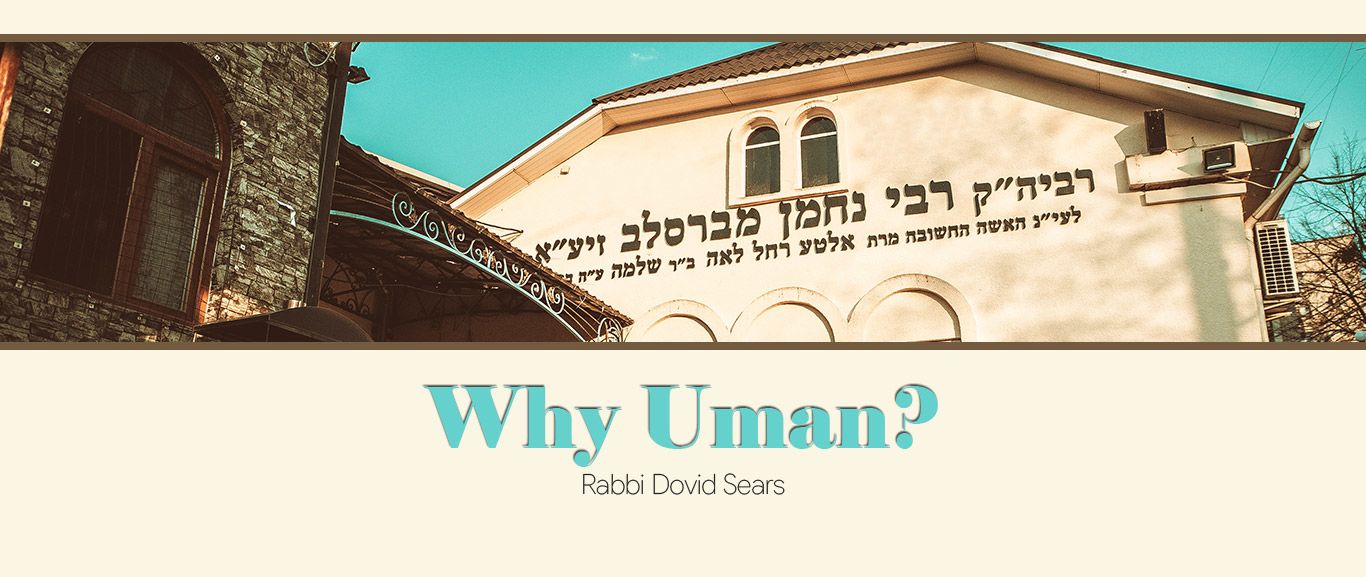
Why Uman?
Sometimes it takes years for a person to realize the profound influence that Rosh Hashanah in Uman has for his service of Hashem and for his understanding of Rebbe Nachman's teachings.

A Simple Jew asks:
Rebbe Nachman of Breslov greatly stresses coming to him for Rosh Hashanah. But what do you actually get out of the Uman trip?
Rabbi Dovid Sears answers:
First of all, Breslover Chassidim go to Uman because Rebbe Nachman told us to do so, plain and simple. However, there definitely are things we “actually get out of the Uman trip.” And as in all things in Yiddishkeit, there are benefits we can see, and those we can’t yet see — and those we might never see at all.
Benefit # 1: I’ve experienced a lot of positive things in going to Uman (and inevitably a few negative things, like standing in line at customs in Kiev after the “red eye” flight).
Of course, there is the drama of the excursion itself, which can feel like one of those mythic, archetypal journeys in which the hero must overcome all sorts of obstacles, both outer and inner, to obtain the Golden Fleece. And there is the experience of standing beside Reb Nachman’s tziyun (grave site) and doing hitbodedut (personal prayer): taking a long look at your life and talking about what you’ve been through and what you’ve done and where you’re at and where you’d like to be in a spiritual sense. Plus saying the Tikkun HaKlali and remembering the Rebbe’s promise to fix our spiritual damage and bring us to the ultimate goal, even if he has to pull us out of Gehenna by our peyot (side locks)! Then there is the intense, bittersweet Rosh Hashanah davening (prayers): beginning with the selichot of “Z’chor Bris” at around 3:00 AM on Erev Rosh Hashanah and continuing until the Shacharit Vaskin minyan a few hours later; and then that first “Borchu” of Maariv on the first night of Yom Tov, when our chaver, (friend) Reb Shlomo Fried, a”h, would always burst into tears; and there is the uniquely moving Breslover nusach and songs during Shacharit and Musaf (not to mention the thunderous roar of clapping hands at “HaMelekh! (The King!)” ); and the Tashlich/symbolic casting away of sins beside the Uman reservoir, and the shiurim by various Breslover teachers prior to Maariv on the second night…
For many of us who live in chutz la’aretz (outside of Eretz Yisrael), it is a special delight to see teachers and mashpiyim (influencers) from Eretz Yisrael, as well as chaverim from around the world, whom we may not see the rest of the year. There are social aspects of the trip… and intellectual aspects such as the shiurim… inspired dancing… all sorts of emotions, which can’t be described in words… and the biggest mystery of all: each visitor’s sense of connection with the spirit of the Rebbe, especially here in Uman, on the “holy soil” he described as destined for him from the Six Days of Creation…
Benefit # 2: My friend Dovid Steinberg once told somebody, “You won’t even begin to know what happened to you in Uman for another six months!”
The Rebbe’s tikkunim seem to work like those “timed-release” capsules they used to advertise when I was a kid (see Rebbe Nachman’s Wisdom, 208). It actually took a number of years for me to realize how central spending Rosh Hashanah in Uman had become to my entire derekh ha-avodah (path of serving Hashem) for the entire year, and for my understanding of Rebbe Nachman’s teachings overall.
We often don’t recognize changes in our spiritual life, even as they are taking place. But one morning we wake up and realize, “Something has changed! I don’t feel the same way I used to anymore!” We may have had a viewpoint or set of attitudes which were erroneous, and as a result of certain experiences, these viewpoints and attitudes yield to more truthful and positive ones. We may have been struggling with certain negative traits or inner obstacles, and suddenly notice that they are not as formidable as they once seemed to be.
Traveling to any tzaddik for Rosh Hashanah reflects a certain belief in his ability to intercede before the Divine Throne on behalf of his followers, and this is surely true of traveling to be with Rebbe Nachman. But there is much more to spending Rosh Hashanah in Uman than just this. The Rebbe also wants to open our eyes so that we can experience a little of what he experiences: the divine unity to which everything “ascends,” and which at the same time illuminates and permeates all creation and all existence. This can happen at certain moments in davening, or while doing one’s avodah at the Rebbe’s tziyun, or even later, without warning. (Remember the “timed-release” capsule factor!)
Benefit # 3: The Rebbe describes the Rosh Hashanah kibbutz (gathering) as a sort of collection of “houses” (batim), and he somehow builds grand structures as a result of our participation in the kibbutz. What are they? It seems that the Rebbe’s buildings are cosmic tikkunim (rectifications), which will ultimately affect all beings. We don’t really know what these things are all about. We simply believe. Yet in the zekhut (merit) of such belief, we gain the eyes to see. Thus the Zohar speaks of emunah (faith), and of the Jewish people who wholeheartedly rely upon emunah, as a “beautiful maiden with no eyes.” These are like the eyes of the Blind Beggar in Rebbe Nachman’s awesome “Tale of the Seven Beggars,” which gaze beyond all ordinary, worldly sights, being designated for another order of reality entirely.
In conclusion, I’d like to stress the importance of having the right mindset — to know why we’re going to Uman for Rosh Hashanah. Each of us must think this through, and devote some time in hitbodedut to it. Plus we need to do our homework in order to understand what the Rebbe’s Rosh Hashanah is all about. We must read at least some of the related teachings in Likutei Moharan and Likutei Halakhot and contemplate them as deeply as possible. Lacking such preparation, one will be like the deaf man in the Baal Shem Tov’s famous allegory, wondering what the musicians are so busy doing, and why the other guests are acting so strangely. With the help of Hashem, we should all “hear the music!”
Rabbi Micha Golshevsky adds:
Just two very small he’aros (comments). First, it is important to mention that the effects are cumulative, both regarding how much time you spend at the Rebbe’s tziyun saying Tehillim and davening, as well as participating in the Rebbe’s Rosh Hashanah in Uman from year to year. In a sense, twelve and twelve do not equal twenty four, and one and one don’t equal two. There is a process in combining the numbers which the number on the other side of the equal sign doesn’t do justice to. Kol shekain (All the more so), that three years straight in Uman is much much more than a year here and a year there, even if the person attended three times.I suspect that a lot of people go once or twice and feel like they have “been there, done that.” Yet I’m sure they wouldn’t think this way when comparing a person who learned one year in Eretz Yisrael, or in Yeshivah, with someone who learned ten years straight. The first got a taste, while the second is (hopefully, and at least potentially) a ben Torah.Second, I think that it is important to mention the herculean effort necessary for one to overcome the side stuff (coffee room, shuk, shmoozing in the rooms, etc.) in order to spend as much time as possible by the tziyun supplicating Hashem. Many people spend too much time doing things that cause them to miss out on the tziyun, which is the most powerful spiritual emergency room-workshop there is, with the greatest spiritual professor-workman available! Every second at the tziyun — especially during Rosh Hashanah — is priceless!
***
Reprinted with gratitude and blessings to our dear friend, A Simple Jew.


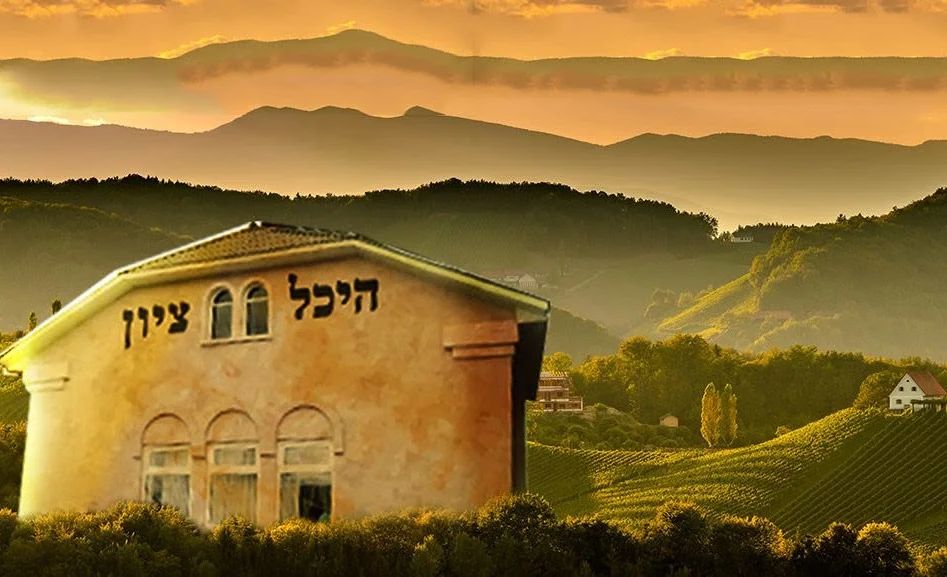
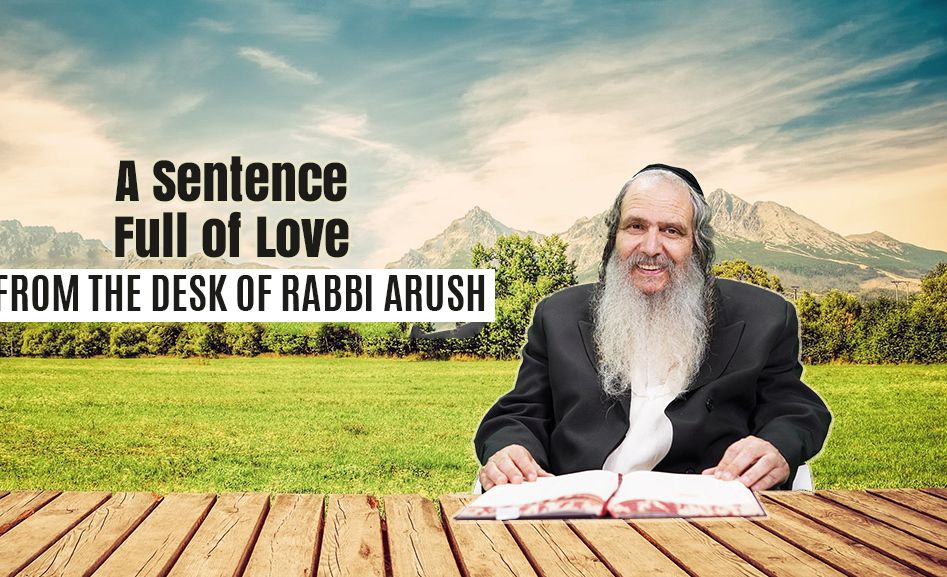
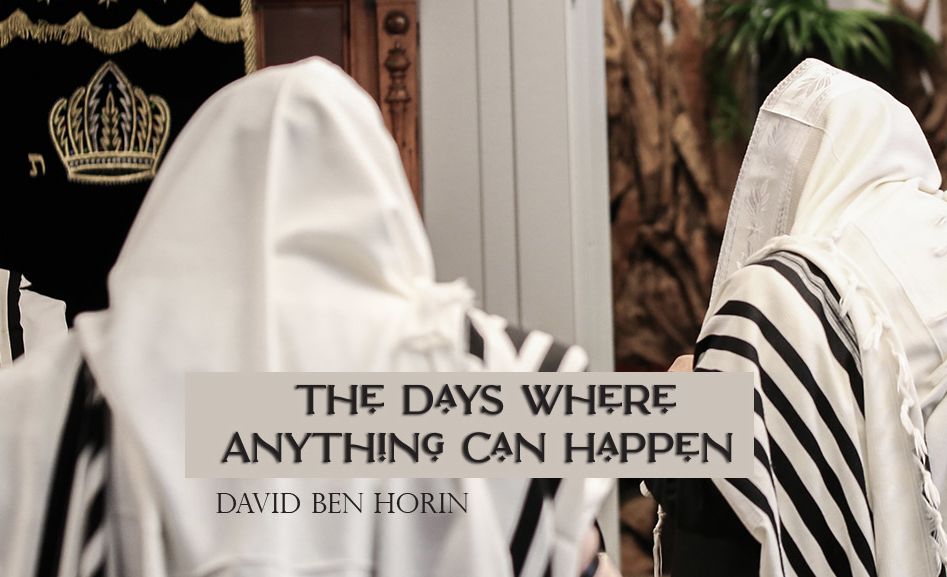
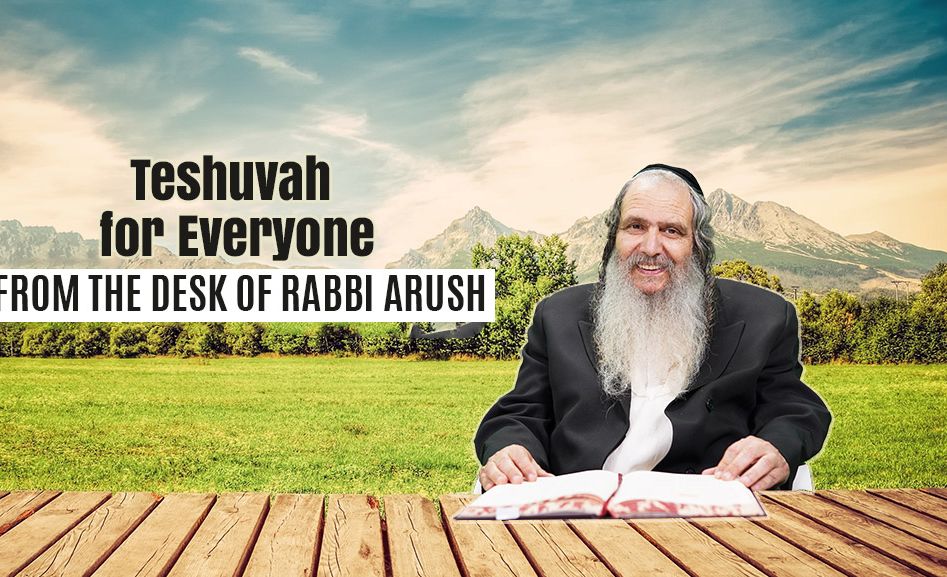
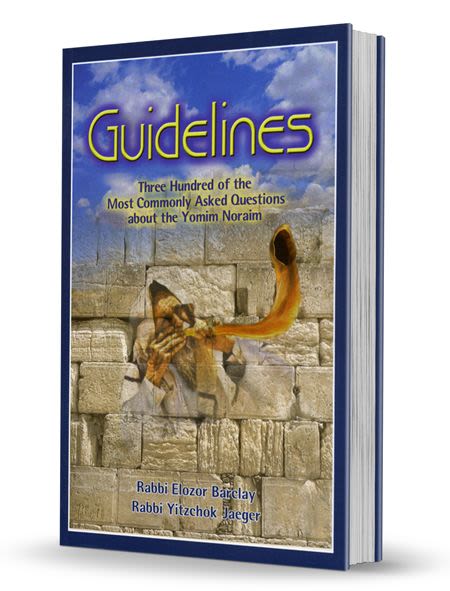
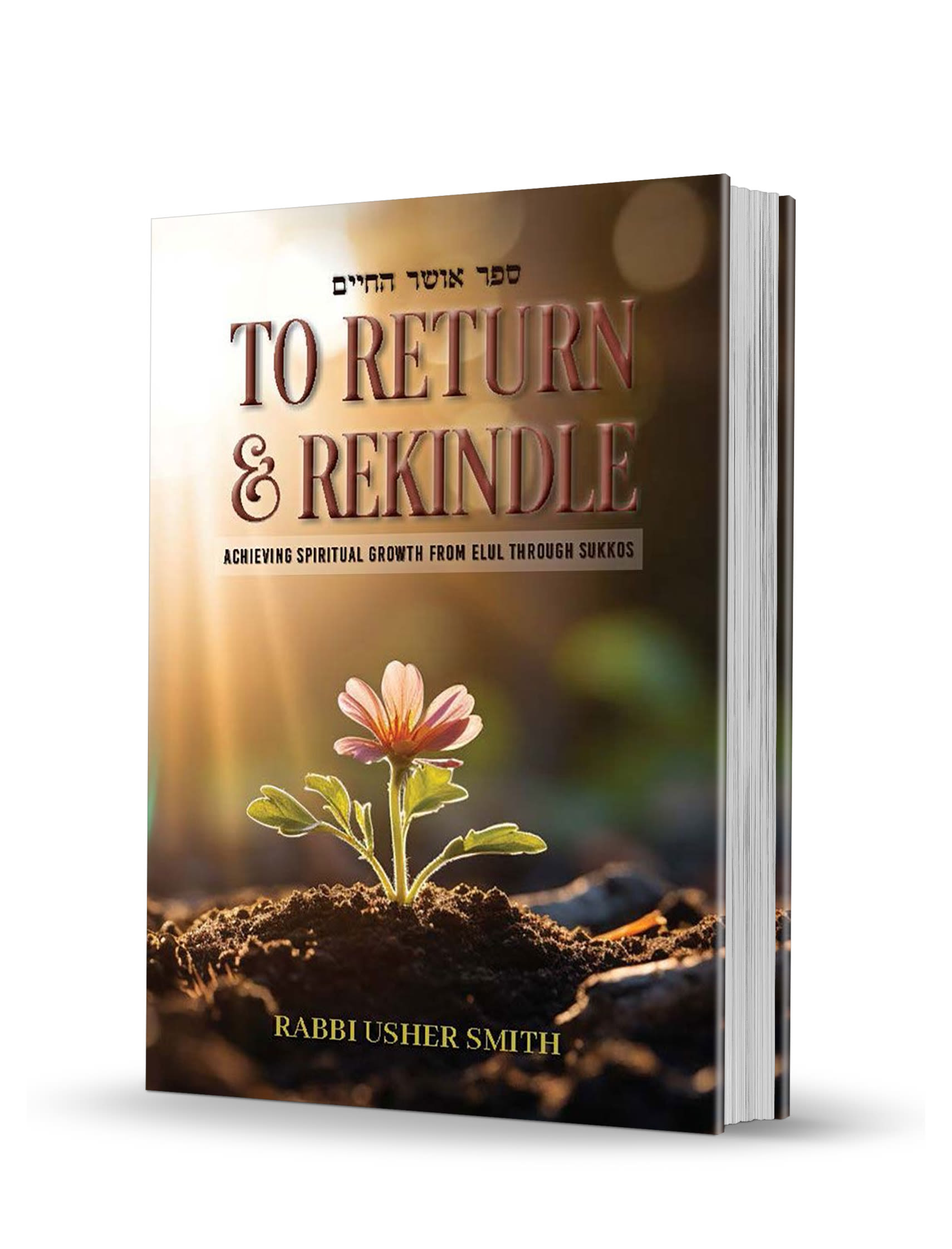
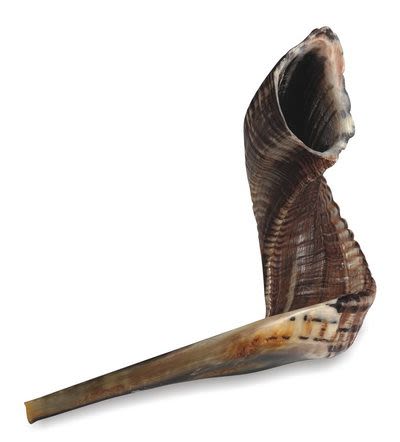


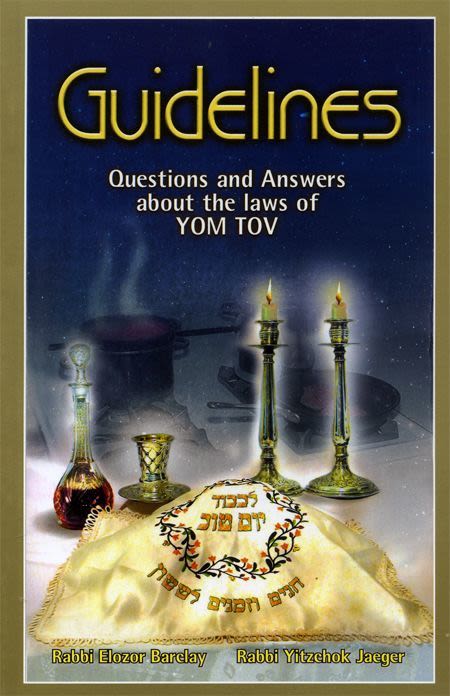
7/19/2015
Miracle
I went to Uman and though I did not pray for this, when I left Uman I lost the desire to smoke. This is insane as nothing has ever gotten in the way of cigarettes and me for 16 years. A year later I still feel similar, far less smoking than ever before and it feels unhealthy to me. This is supernatural for sure,
7/19/2015
I went to Uman and though I did not pray for this, when I left Uman I lost the desire to smoke. This is insane as nothing has ever gotten in the way of cigarettes and me for 16 years. A year later I still feel similar, far less smoking than ever before and it feels unhealthy to me. This is supernatural for sure,
12/09/2008
why give money to these antisemites!!! The tziyun should be moved to Jerusalem or Tsfat and no Jew should give one cent to these antisemites! Although I love hassidut Breslev I don’t get the Uman thing. There is nothing holy about any place in ukraine, it’s only a Jewish cemetery.